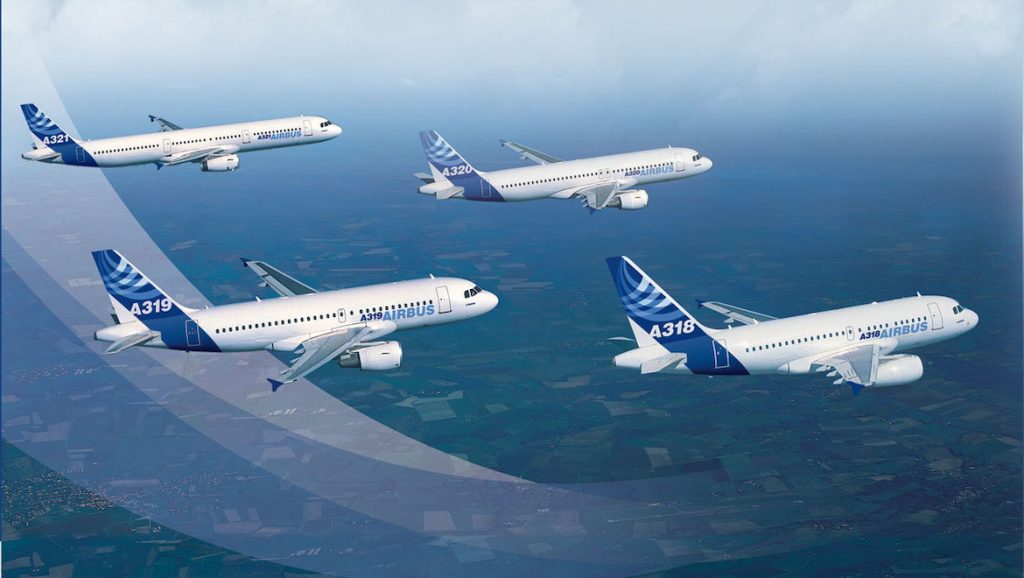
Airbus now holds 68 per cent share in the narrow-body aircraft market, off the back of Boeing’s 737 MAX crisis, and a brazen chief executive.
The Boeing 737 and the Airbus A320 families have long been considered the workhorses of the global aviation sector.
For decades, these medium-haul single-aisle aircraft have formed the foundation of many airline’s domestic and short-haul international operations, with most every airline boasting one, if not both, of these aircraft types in their fleet.
While market share between Boeing and Airbus has often remained quite close in this key sector, Airbus appears to have pulled ahead to hold a solid majority of the market in recent months, now boasting a 68 per cent share.
According to a report in the Wall Street Journal, Airbus likely has its brazen CEO Guillaume Faury to thank for this achievement, following the company’s unprecedented decision to hold cash-poor airlines to their order commitments throughout the pandemic period.
Throughout 2020, Boeing saw a total of 655 jet orders to cancellations, with another 723 falling off the ‘firm’ list as airlines became less likely to fulfil their financial obligations.
Meanwhile, Airbus saw just 115 cancellations, largely only made and accepted off the back of airlines going bankrupt.
For the most part, as WSJ reports, the Airbus chief executive spent much of this time during the pandemic ensuring airlines meet their contractual obligations to take aircraft, a move that, in tandem with Boeing’s near-two-year 737 MAX grounding and PR crisis, has seen Airbus shift to hold a strong majority share in the narrow-body market.
The tactic meant that throughout 2020, Airbus was able to deliver over three times the number of jets as its US rival, and has, so far this year, already delivered twice the number of jets as Boeing.
According to WSJ, analysts are so astounded by Airbus’ scoop up of market share that they argue it’s “almost impossible” for Boeing to catch up, and the infinite duopoly of Airbus and Boeing is beginning to instead resemble a monopoly in the critical single-aisle market.
For reference, in 2018, Airbus boasted 58 per cent share of this market, to Boeing’s 42.
The news comes during an interesting time for Boeing/Airbus relations.
Just last month, the US and EU finally agreed to end their near 17-year conflict over aircraft subsidies and introduce a five-year suspension of Trump-era import tariffs, both of which exacerbated tensions across the Atlantic, and fed into the Airbus v Boeing rivalry.
The decision to end these tensions is largely considered to have been made ahead of the entrance of a new player into the coveted narrow-body sector and thus a threat to the current duopoly – the Chinese-made COMAC C919.
Trade representatives had largely argued for months ahead of the decision that the Airbus/Boeing subsidy disputes needed to be resolved before COMAC was given an easy opportunity to swoop in and claim market share.
In December 2020, the C919 was issued a Type Inspection Authorisation by the Civil Aviation Administration of China (CAAC), and is currently awaiting final round flight-tests for its certification.
COMAC is aiming to see the narrow-body jet certified in China by year-end, and begin delivering aircraft to its Chinese customers shortly thereafter.
Notably, China currently accounts for one-fifth of all narrow-body aircraft sales, meaning a Chinese foothold in this market could severely disrupt the current duopoly.




